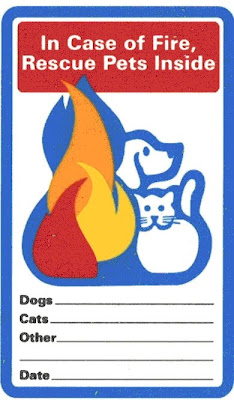
The US Bureau of Labor Statistics predicts that jobs for medical billing and coding will continue grow with the rest of the healthcare field, and will pay very well.
Education is key to securing one of these prestigious jobs. Online continuing education providers, such as Kaplan Continuing Education, offer medical billing and coding certificates which can prepare you for a career in the field.


